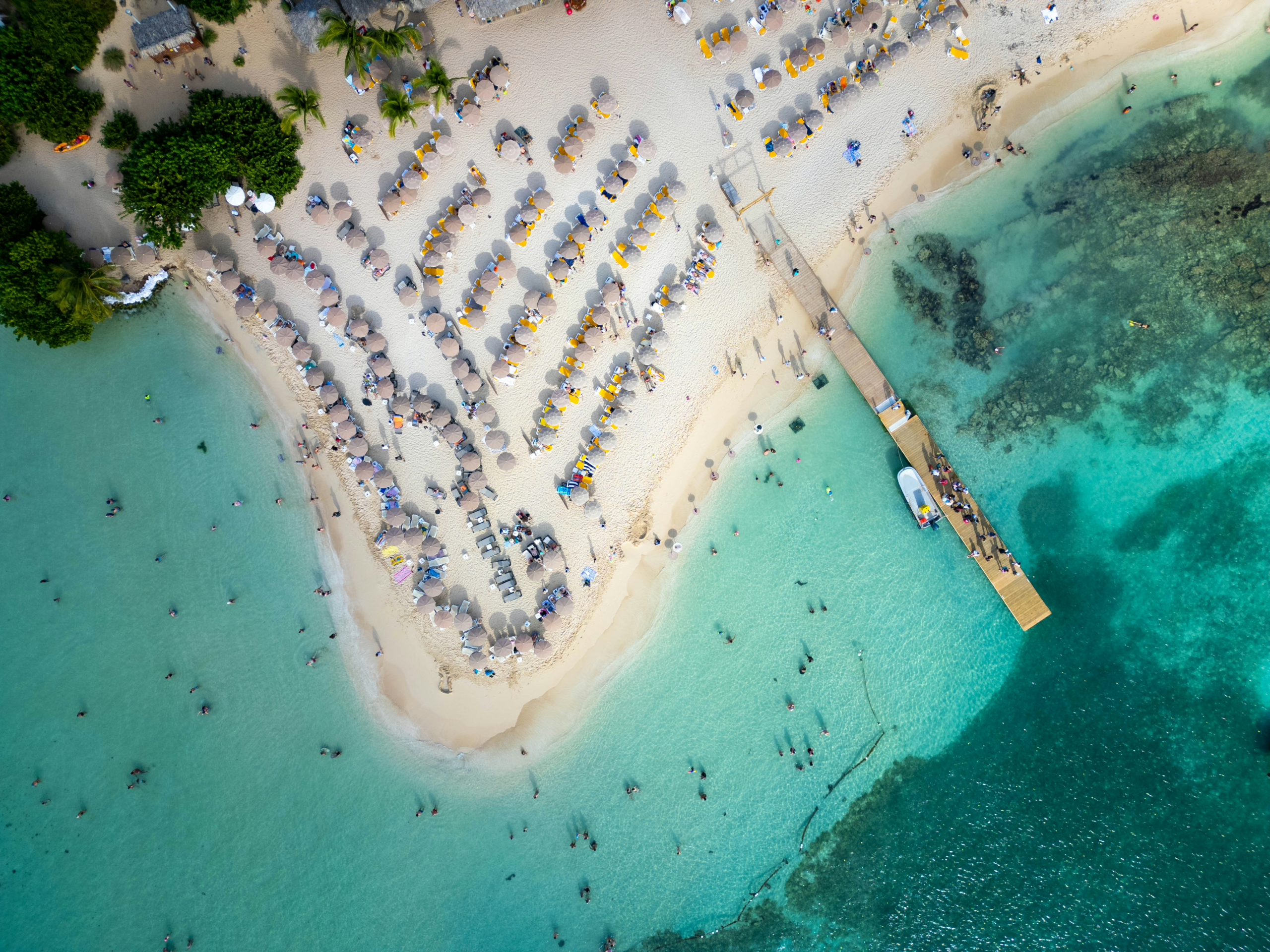A Traveler’s Guide to Staying Healthy
Bali, with its stunning beaches, lush landscapes, and vibrant culture, is a dream destination for many travelers. However, there’s one unwelcome guest that can disrupt your tropical paradise experience: Bali Belly. This common traveler’s woe can turn a dream vacation into a nightmare if you’re not prepared. In this blog post, we’ll share our own experience with Bali Belly and offer valuable tips on how to prevent it and what to do if it strikes.
What is Bali Belly
“Bali Belly” is a colloquial term used to describe a range of stomach problems that travelers often experience when visiting Bali or other parts of Indonesia. These issues typically include symptoms such as diarrhea, stomach cramps, nausea, vomiting, and sometimes fever. Bali Belly is a form of traveler’s diarrhea, which is caused by exposure to parasites, or bacteria and viruses that are different from what your digestive system is used to.

Many travelers, like us, initially believe that they’re immune to Bali Belly. “It won’t happen to me,” we think. However, the reality is that Bali Belly can affect anyone, regardless of how careful you are, and it really sucks being sick while you want to go out and explore. Our three-week Indonesian adventure concluded with eight days in Bali, but instead of enjoying the beautiful beaches, we spent most of our time confined to our beds, battling the dreaded Bali Belly.
How to Prevent Bali Belly


The main causes of Bali Belly are contaminated food or water, poor hygiene practices, consuming under cooked or raw food, or exposure to unfamiliar microorganisms that can disrupt the digestive system.
With that in mind, here are some essential tips:
- Hydrate Wisely: Drink bottled or purified water only. Avoid ice cubes in your drinks, and ensure that the water used to wash fruits and vegetables is safe. Keep in mind that while they look delicious, many smoothies and juices can also contain tap water.
- Choose Food Carefully: Opt for cooked food that is served hot and avoid raw or undercooked dishes, especially seafood.
- Hand Hygiene: Wash your hands frequently with soap and clean water, or carry a hand sanitizer with you.
- Avoid Street Food: While it may be tempting, street food can be a risky choice. Stick to reputable restaurants and food stalls. If you opt to try some street food, choose a busy location where you can see many people enjoying the food; this way, you can have more confidence that the food is fresh and safe to eat.
- Moderate Alcohol Consumption: Excessive alcohol can weaken your immune system, making you more susceptible to Bali Belly.
Prepare for the worst

If you get Bali belly, it’s best to have some of your own medication with you already. While you can get medication in Bali, you probably don’t want to make a trip to the apothecary when you’re feeling sick. Be sure to have the following items in your suitcase:
- Anti-diarrhea medication
- Electrolytes
- Ibuprofen or paracetamol
- A thermometer
Arrange Travel Insurance: Before leaving for Indonesia, ensure that you have comprehensive travel insurance that covers medical emergencies. Check the coverage details to confirm that you are adequately protected in case of illness or injury during your trip.
What to do if you get Bali Belly?
Despite your best efforts, you might still fall victim to Bali Belly. Danger lurks around every corner: you might just happen to encounter the bacteria on your fork. So, what do you do when you do fall ill? While there is not much you can do unfortunately, the most important tips for battling Bali belly are:
- Stay Hydrated: Drink plenty of (bottled) water to help flush out toxins and maintain hydration levels, which can alleviate symptoms of Bali belly.
- Stick to Bland Foods: Opt for bland and easily digestible foods such as rice, bananas, toast, and crackers. Avoid spicy, greasy, or heavy foods that may further upset your stomach.
- Rest and Relaxation: Give your body time to recover by getting adequate rest and avoiding strenuous activities
Seeking Medical Help:

If your symptoms persist or worsen, consider seeking medical attention. In our case, after we were ill with fever, vomiting and diarrhea for more than 5 days, so we decided to get ourselves checked out at the hospital. In our case, the hospital confirmed our suspicions and only gave us some extra electrolytes and anti-diarrhea medications. Beyond that, we simply had to be patient and wait for improvement. For us, it took about three weeks until we started to feel somewhat normal again!
💡 Good to know: Be aware that Bali’s hospitals may not provide the same level of organization and English-speaking staff as you’re accustomed to. Waiting times can be long, and communication might be a challenge.
Of course we do not mean to deter you from visiting Bali completely. The island is definitely worth exploring for its beauty and culture. But we hope you do take precautions, and remain vigilant about what you consume. By being prepared for the worst, you can minimize the chances of encountering this common traveler’s ailment. Stay safe!













